Why Creative Staff Workshops are the Future of Team Away Days
Creative staff workshops are reshaping the way teams connect, collaborate, and cultivate innovation.
In a world where adaptability and creativity are paramount, these workshops stand out as a way for teams looking to break away from the mundane
Creative workshops aren’t just another team-building fad.
They’re a movement towards a more engaged, harmonious, and innovative workplace.
Contents
5 Benefits of Creative Staff Workshops for a Team Away Day
Organising a Creative Staff Workshop for Your Team’s Away Day
How Creativity in a Workshop Translates to the Working Environment
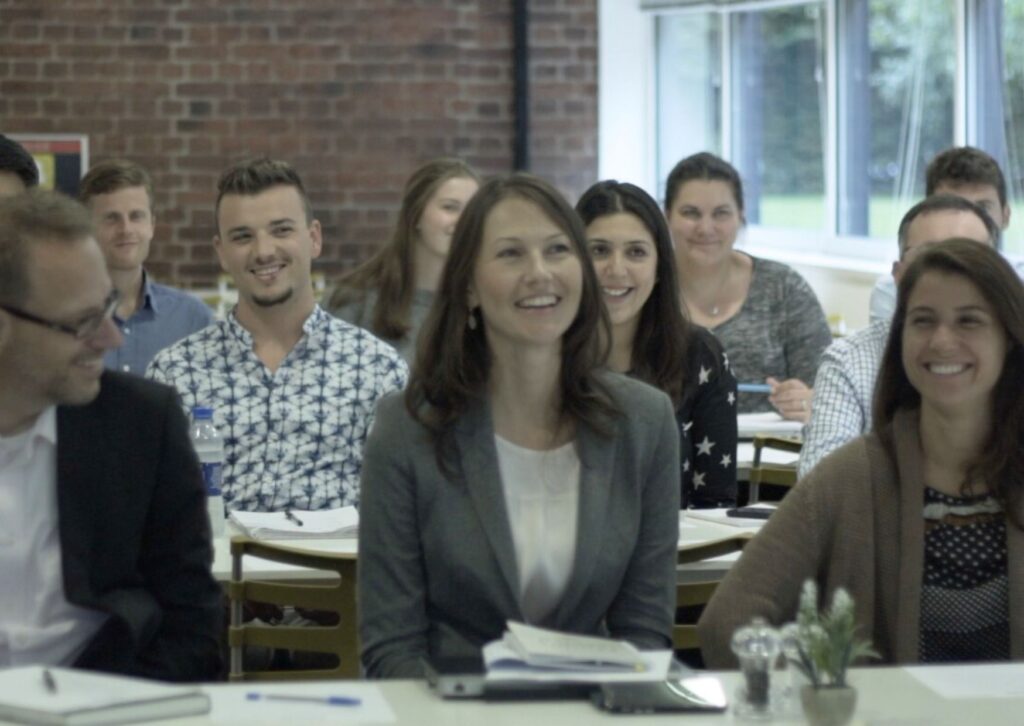
5 Benefits of Creative Staff Workshops for a Team Away Day
Creative workshops host a range of benefits for a team away day and here are 5 that can help you decide whether adding it is going to be beneficial for your workforce.
1. Fosters Genuine Team Bonding
Traditional team-building activities can sometimes feel forced.
In contrast, creative workshops organically bring people together.
When team members collaborate on a creative project, they share ideas, solve problems, and celebrate successes together.
This shared experience creates a bond that’s both genuine and lasting.
It’s not just about completing a task, it’s about creating something meaningful together.

2. Unleashes Hidden Talents
Every individual has a reservoir of untapped talents and skills that often remain hidden in the confines of their job roles.
Creative staff workshops provide an opportunity for these hidden talents to shine.
Whether it’s a knack for sketching, a talent for storytelling, or an ear for music, these workshops can reveal surprising facets of team members.
Acknowledging and celebrating these newfound skills can lead to increased self-confidence and a richer, more diverse team dynamic.
3. Enhances Problem-Solving Skills
Creative workshops often present challenges that require out-of-the-box thinking.
As team members brainstorm, experiment, and iterate, they hone their problem-solving skills.
This creative approach to challenges can be transferred to the workplace, where innovative solutions are always in demand.
By practicing creative problem-solving in a workshop setting, teams become better equipped to tackle real-world challenges with a fresh perspective.
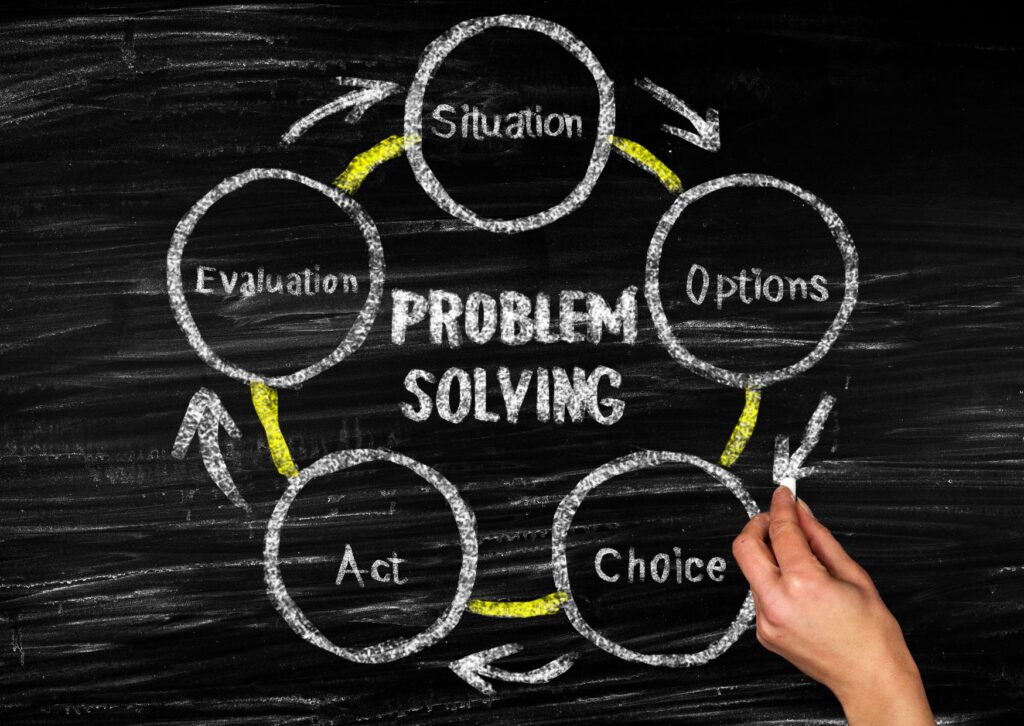
4. Boosts Morale and Job Satisfaction
Participating in a creative workshop can be a refreshing break from the daily grind.
It offers team members a chance to express themselves, learn something new, and achieve a sense of accomplishment.
This positive experience can lead to increased job satisfaction and morale.
When employees feel valued and engaged, they’re more likely to be productive and committed to their roles.
Why not check out our blog on “Teamwork games to boost morale”
5. Encourages Continuous Learning and Growth
The world of creativity is vast and ever-evolving.
Engaging in creative staff workshops exposes team members to new techniques, tools, and concepts.
This continuous learning environment fosters a growth mindset, where team members are encouraged to explore, experiment, and expand their horizons.
Such a mindset is invaluable in the modern workplace, where adaptability and a thirst for knowledge are key to success.
With these benefits in mind, it’s clear that creative staff workshops are more than just a fun activity, they’re an investment in the team’s future.
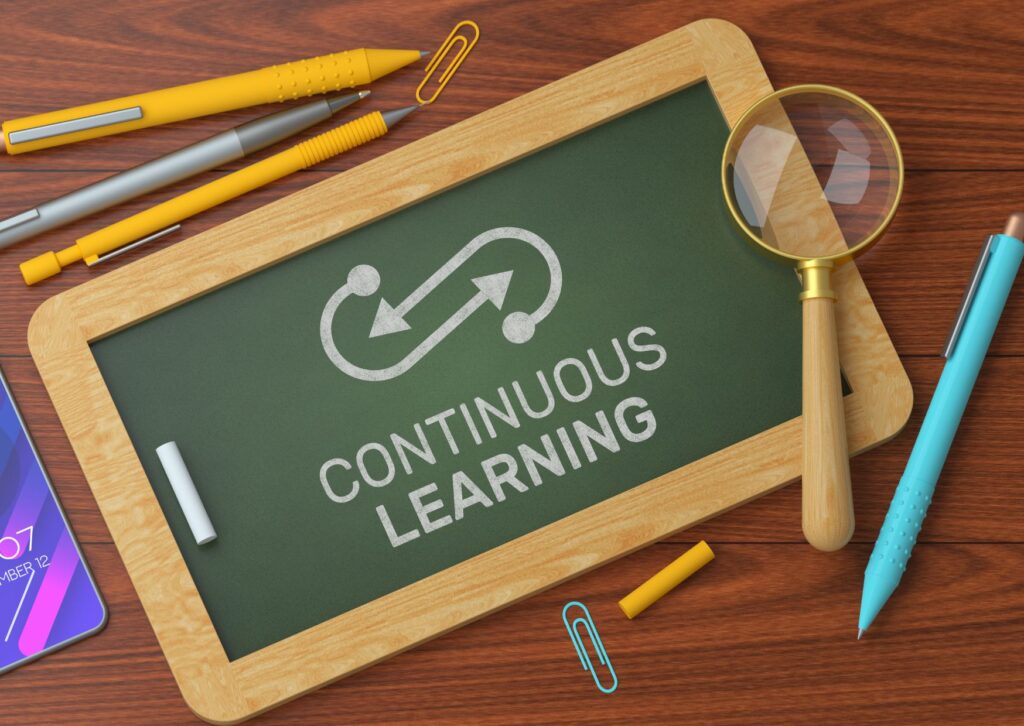
Why not check out our blog on “Planning a Successful Team Away Day“
Organising a Creative Staff Workshop for Your Team’s Away Day
Organising a creative staff workshop is not just about picking a date and venue.
It’s about curating an experience that will resonate with your team, foster collaboration, and ignite creativity.
Here’s a step-by-step guide to ensure your workshop is both memorable and impactful:
1. Define Your Objectives
Before diving into the details, it’s crucial to understand what you want to achieve.
Are you aiming for team bonding, skill development, brainstorming, or a combination of these?
Having clear objectives will guide your decisions throughout the planning process.
2. Choose the Right Workshop Theme
The type of workshop you choose should align with your objectives. Here are a few ideas:
- Art Workshops: Painting, sculpture, or pottery can be therapeutic and foster self-expression.
- Writing Workshops: Crafting stories or poetry can enhance communication skills.
- Music and Drama Workshops: These can boost confidence and improve team dynamics.
- Wellbeing Workshops: Give staff the opportunity to foster a sense of gratitude, happiness and focus on their wellbeing
- Craft Workshops: Activities like knitting or DIY projects can be both relaxing and rewarding.
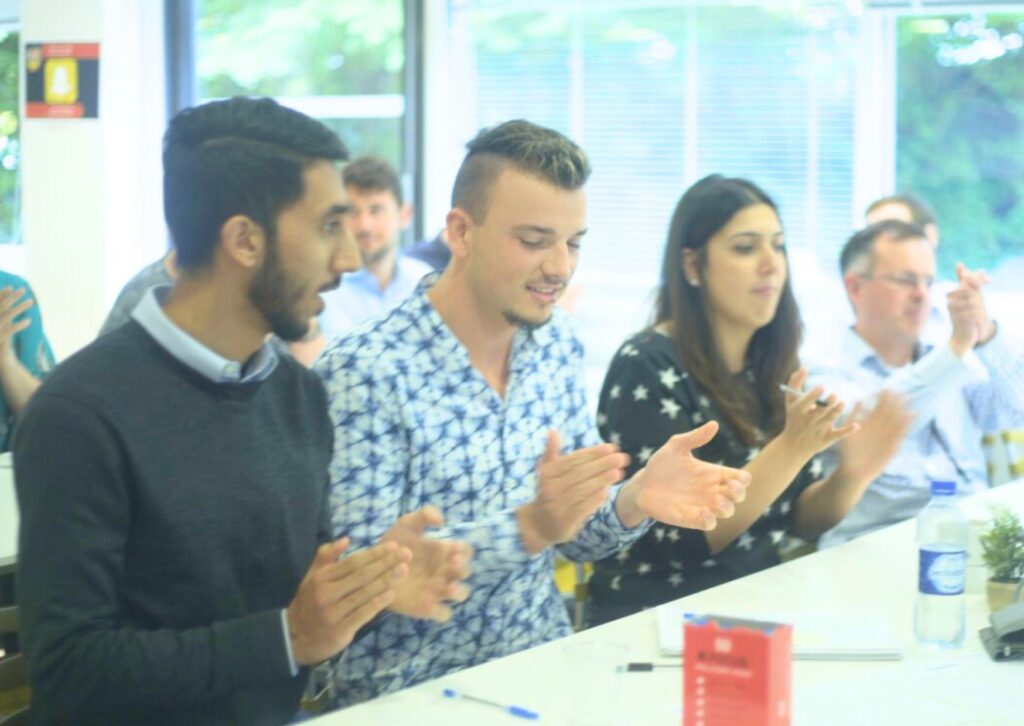
3. Select a Suitable Venue
The venue sets the tone for the workshop.
It should be spacious, well-lit, and equipped with the necessary materials.
Consider art studios, community centres, or even outdoor spaces for a refreshing change of scenery.
Check out our blog on “London Venues for your team away day“
4. Hire a Professional Facilitator
While it’s possible to run a workshop internally, hiring a professional can elevate the experience.
They bring expertise, provide structure, and can offer fresh perspectives that can be invaluable.
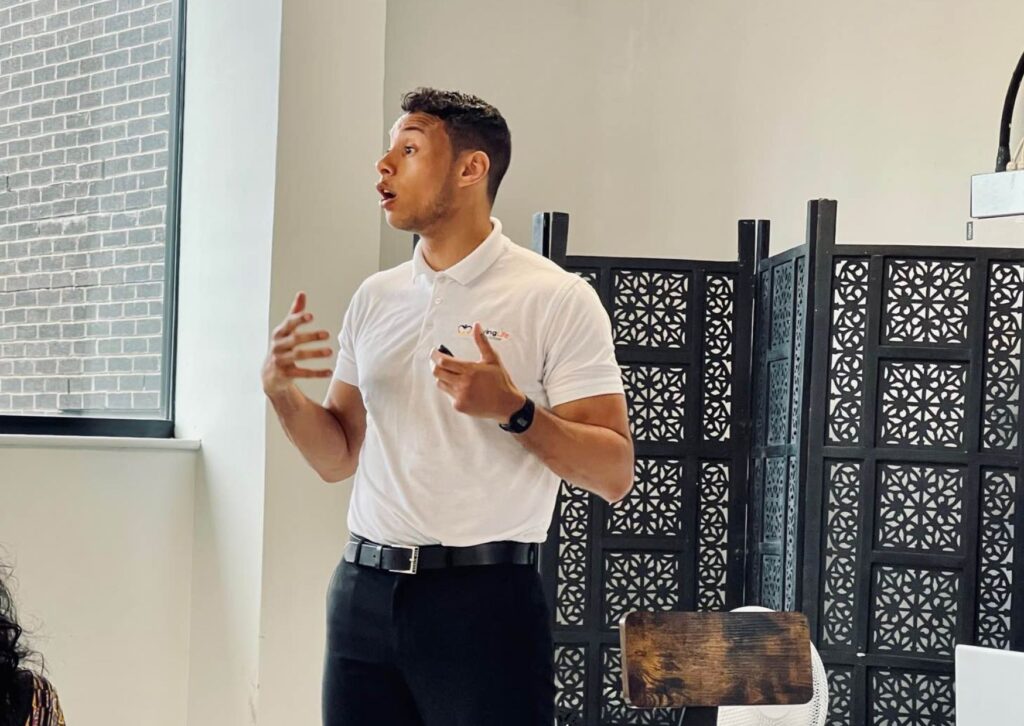
5. Gather Materials and Equipment
Depending on the workshop theme, you’ll need to source materials.
Ensure you have enough supplies for everyone and consider eco-friendly options where possible.
6. Set the Agenda
While creativity thrives in a free-flowing environment, having a rough agenda helps maintain focus.
Allocate time for introductions, warm-up activities, main tasks, breaks, and reflections.
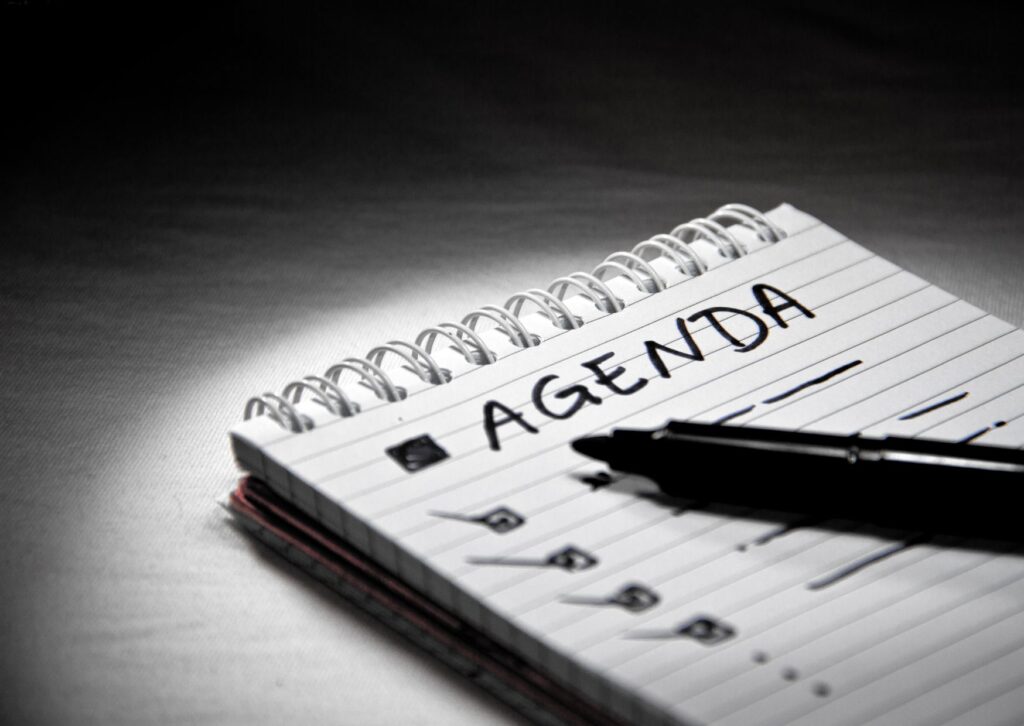
7. Encourage Participation
It’s natural for some team members to be hesitant.
Create an inclusive environment where everyone feels comfortable sharing and participating.
Highlight that it’s about the process, not just the end result.
8. Gather Feedback
After the workshop, seek feedback from participants.
Understand what worked, what didn’t, and how you can improve future workshops.
Remember, the goal of a creative staff workshop is not just to produce art or crafts but to foster connections, enhance skills, and rejuvenate the team.
With careful planning and a focus on the experience, your away day can be both enriching and enjoyable.
Want more tips?
Check out our blog on “A guide to running a successful wellbeing workshop”
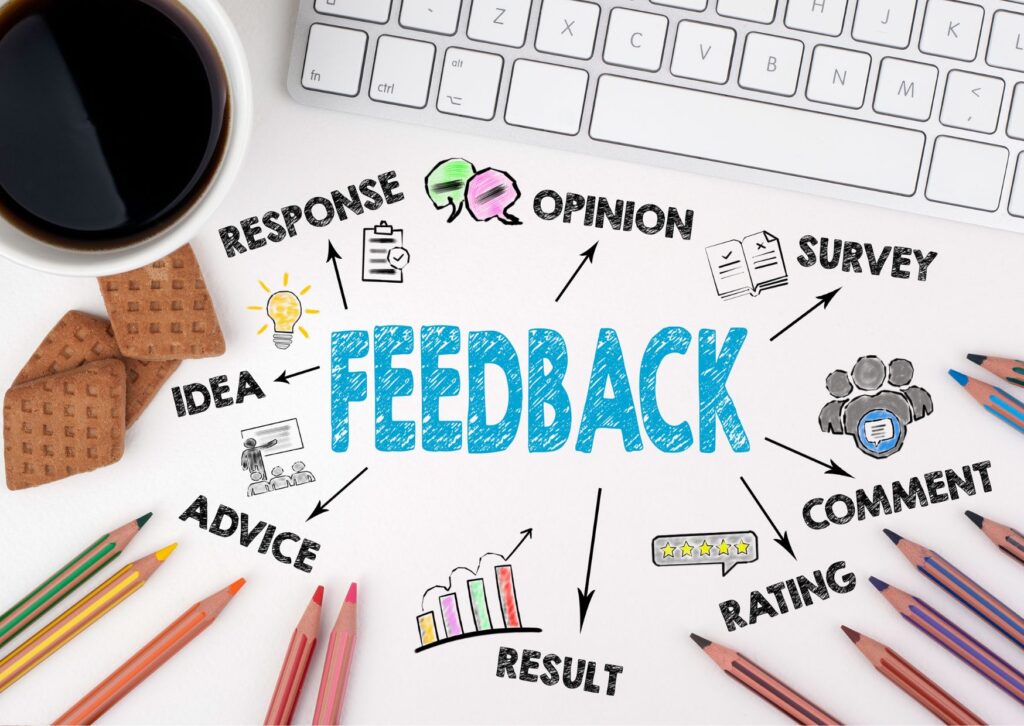
How Creativity in a Workshop Translates to the Working Environment
Creativity isn’t confined to the canvas or the craft table.
When nurtured in a workshop setting, it spills over, weaving its way into the very fabric of the workplace.
But how exactly does the spark ignited in a creative workshop translate to the daily grind of the working environment?
Let’s explore:
1. Fuels Innovative Thinking
Workshops challenge individuals to think outside the box, to approach problems from different angles, and to experiment without fear of failure.
When team members return to their desks, they carry this mindset with them.
They’re more likely to propose novel solutions, question the status quo, and drive innovation.

2. Enhances Collaboration and Communication
In a workshop, collaboration is key.
Team members learn to listen actively, share ideas openly, and build upon each other’s contributions.
This collaborative spirit doesn’t dissipate once the workshop ends.
Instead, it becomes a cornerstone of team interactions, leading to more effective communication and teamwork.
3. Boosts Resilience and Adaptability
Creative workshops often involve trial and error.
Not every idea will be a winner, and that’s okay.
This environment teaches resilience, encouraging participants to bounce back from setbacks and adapt their approach.
In the workplace, this translates to a team that’s more resilient to challenges and more adaptable to change.
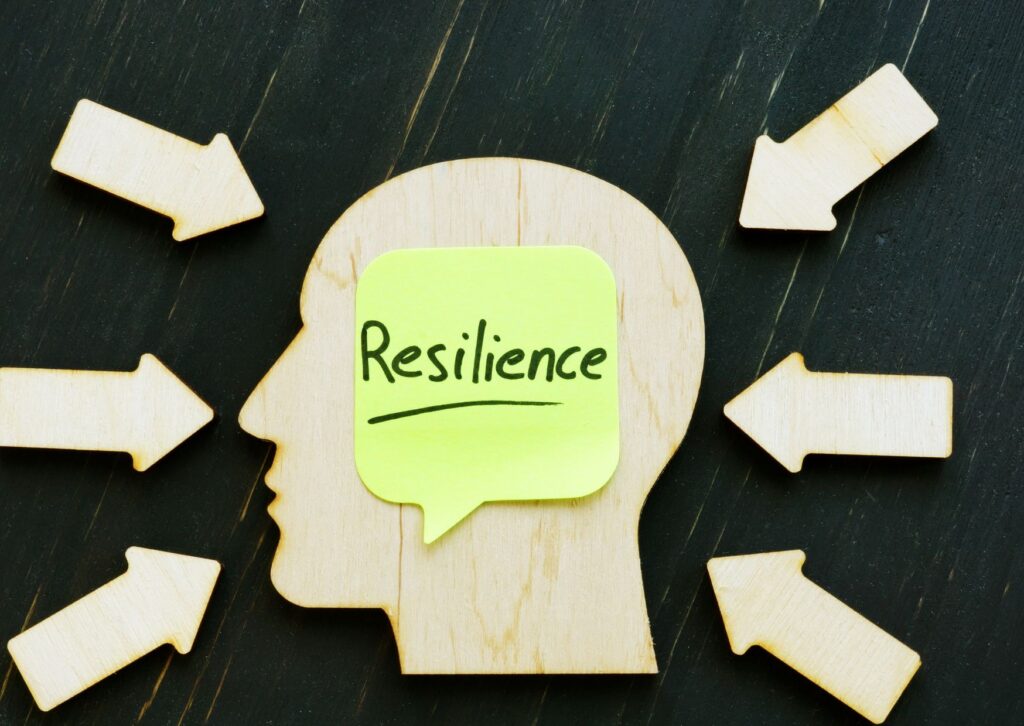
4. Promotes a Growth Mindset
Creative workshops are a testament to the idea that skills can be developed and honed with practice.
Participants learn to embrace challenges, persist in the face of setbacks, and see effort as a path to mastery.
This growth mindset, once cultivated, becomes a driving force in the workplace, pushing individuals to continuously learn and improve.
5. Enhances Wellbeing and Reduces Burnout
The therapeutic benefits of creativity are well-documented.
Engaging in creative activities can reduce stress, increase feelings of wellbeing, and provide a much-needed break from routine.
When team members feel good, they perform better.
The positive vibes from a workshop can lead to a more energised, focused, and motivated team in the workplace.

In essence, the creativity fostered in a workshop doesn’t stay in the workshop.
It spreads through the workplace, influencing how team members think, interact, and approach challenges.
The transformative power of creative staff workshops extends far beyond the confines of the session itself.
They are not just a day away from the office but a catalyst for lasting change, fostering a culture of innovation, collaboration, and wellbeing.
As businesses navigate the complexities of the modern workplace, it’s clear that investing in such workshops can be extremely beneficial.
By embracing creativity, we pave the way for a more engaged, resilient, and forward-thinking workforce, ready to tackle the challenges of tomorrow.
Author
Tyler Lowe – Health & Wellbeing Speaker
BSc Sport & Exercise Rehabilitation


